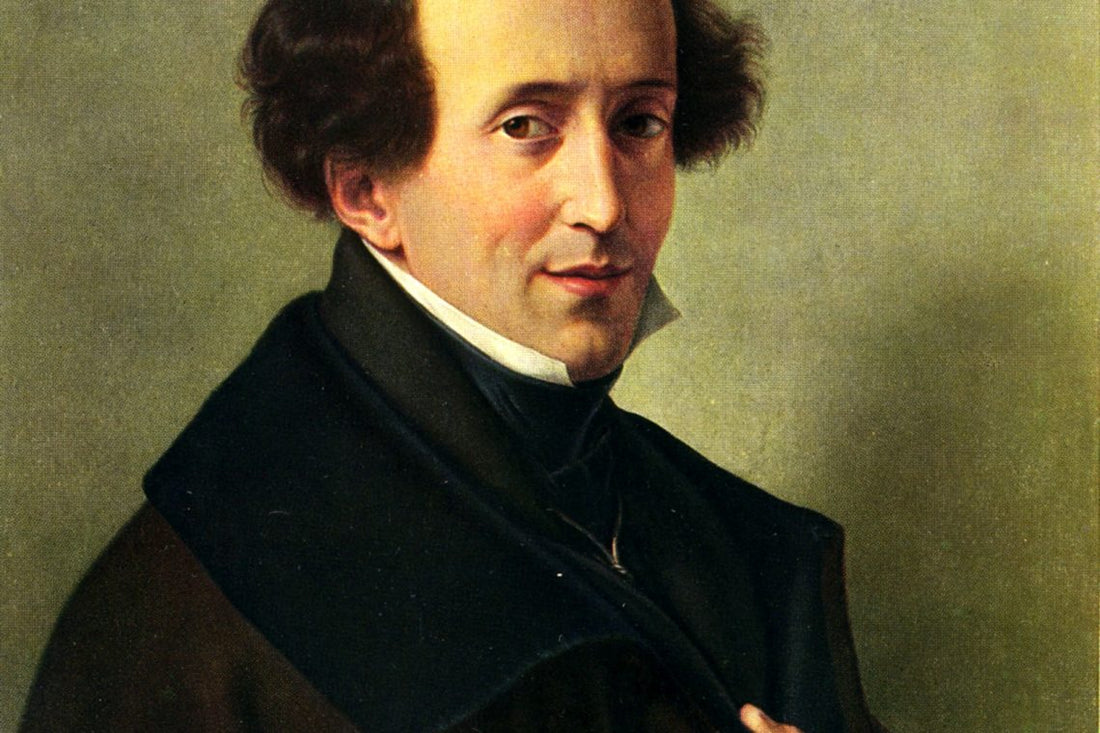
#composer: Felix Mendelssohn – a Jewish composer?
Felix Mendelssohn Bartholdy is one of the most performed composers in music history, but also the grandson of one of the greatest German philosophers: the devout Jew Moses Mendelssohn. The German Enlightenment is hard to imagine without his writings. Nevertheless, Felix Mendelssohn Bartholdy is generally seen today as a Christian composer, which is not wrong, because he was baptized and raised as a Christian. Many of his works show a close connection to Protestantism: for example, his oratorio "Paulus" or his second symphony "Lobgesang". I, too, always refused to perform and classify his works under the label of "Jewish composer".
But then I came across a quote that surprised me:
“... that it had to be a Jewish boy who brought the greatest Christian music back to the people.” The greatest Christian music is Johann Sebastian Bach’s “St. Matthew Passion,” which he was the first to perform again after Bach’s death.
Then I began to research: the father tried with all his might to make the family conform to the Christian majority society by converting to Protestantism. There are numerous letters from the family that document the almost desperate efforts to leave Judaism behind. Nevertheless, the family was not accepted as Christians. For example, Felix Mendelssohn Bartholdy's teacher and mentor Carl Friedrich Zelter wrote in a letter to Goethe: "He may be a Jew's son, but not a Jew. The father made a great sacrifice by not having his sons circumcised and is raising them as they should be; it would really be something special if a Jew's son became an artist."
Now two opposing conclusions can be drawn:
One should accept that the Mendelssohn family converted to Protestantism and recognize Felix Mendelssohn as a Christian composer.
On the other hand, that would be too simple and would not take into account the spirit of the 19th century in Germany, which was characterized by deep anti-Semitism. Perhaps Felix Mendelssohn Bartholdy was much closer to Judaism than we think today. When his sister Rebecka made derogatory comments about a Jewish musician and at the same time qualified her as not being an "anti-Semite," Felix wrote her in a letter:
"What do you mean when you say that you are not anti-Semite? I assume that is only a joke, otherwise I would be taking a completely different approach. It is really very kind of you not to despise your whole family, isn't it?
